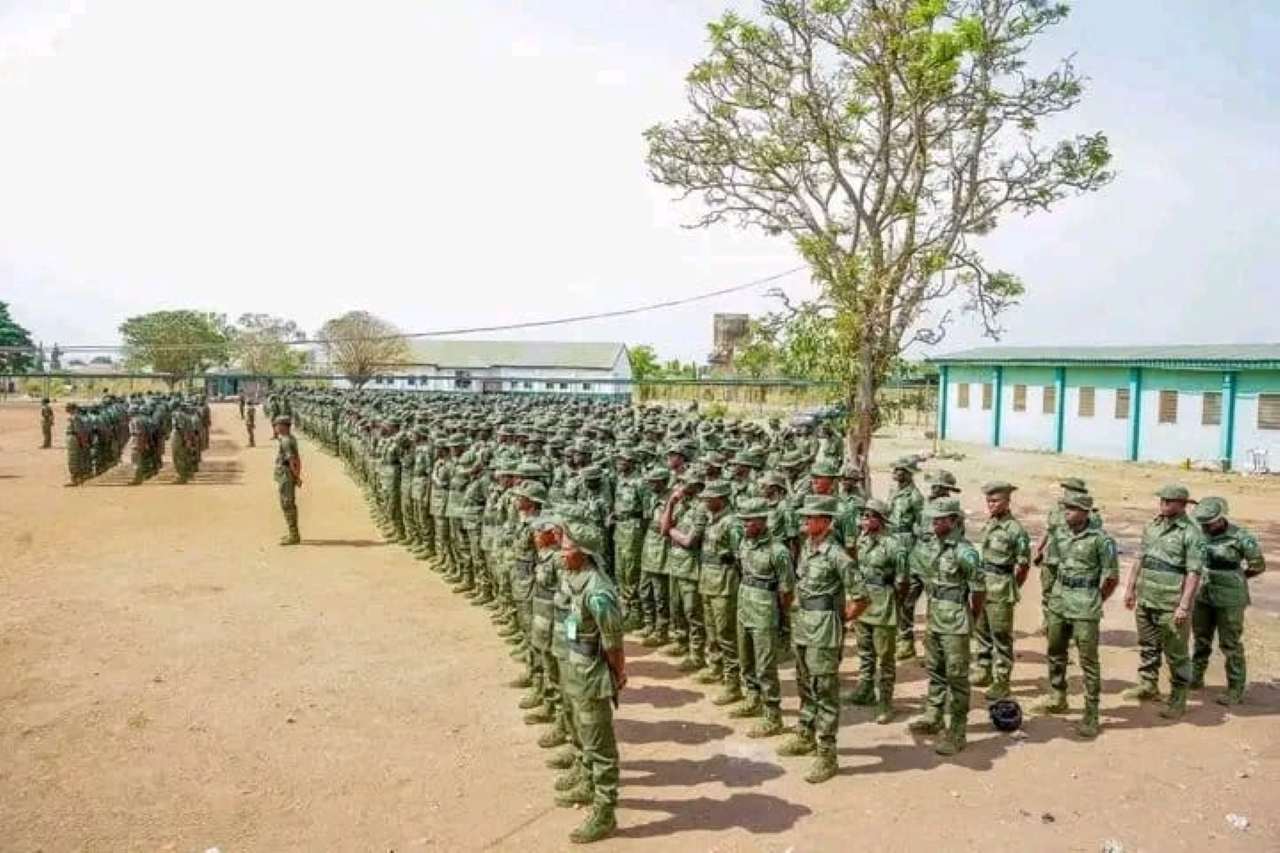Lists sector’s woes amid calls for urgent reforms
As Nigeria clocks 65 years of independence, the Nigeria Medical Association (NMA), Lagos State branch, has lamented that the nation’s health sector remains on life support, weakened by years of poor funding and neglect.
It, therefore, called for urgent reforms to improve workers’ welfare, expand hospital infrastructure and strengthen primary healthcare delivery. In a statement to commemorate the independence today, Chairman, NMA Lagos State branch, Dr Babajide Saheed, said that the sector had recorded little progress compared to expectations, with health financing still abysmally low at between four and six per cent of government budgets, far below the 15 per cent benchmark set in the 2001 Abuja Declaration.
He described the neglect of the primary healthcare system as a major setback, noting that universal health coverage remains largely unattained while medical tourism continues to grow unchecked due to poor infrastructure, inadequate equipment and lack of preparedness for emergencies.
Saheed, who criticised the unconducive environment faced by healthcare professionals and patients, citing low remuneration, poor welfare, limited training opportunities and weak research culture as factors fuelling brain drain, added that inefficiencies and “elephant projects” with little impact on ordinary citizens have further compounded the sector’s woes.
He acknowledged some improvements in Lagos State but stressed that urgent reforms are needed to strengthen service delivery, calling for better remuneration for health workers, reinstatement of the pre-April 2025 salary scale, and the implementation of a non-taxable call duty allowance.
According to him, prioritising primary healthcare through the construction of more centres in every ward, alongside the employment of more doctors and other professionals, would improve access and outcomes.
He also urged the government to address the problem of inadequate bed spaces and a weak referral system, as well as construct more general hospitals in underserved areas, such as Ojo, Alimosho, Epe, Ajah, Ikorodu and Oshodi.
The NMA Lagos chapter chairman recommended the establishment of specialist hospitals in different senatorial districts to cater for cardiac, renal, paediatric, cancer, mental health and orthopaedic needs, stressing that this would reduce dependence on foreign medical care, among others.
He also urged government at all levels to reverse the brain drain by offering competitive remuneration, robust welfare packages, conducive working environments, and opportunities for training and retraining, maintaining that the appointment of ministers, commissioners and chief medical directors should be based on competence, integrity and empathy for the medical profession.
He, however, advocated the establishment of infectious disease hospitals and trauma centres in every state, as well as multi-specialty facilities in each region to reduce medical tourism and improve overall outcomes.






